Four wins in a row, seven games unbeaten and suddenly life does not seem so bad for Aston Villa. They are up into mid-table and if a 2-0 victory over Feyenoord in the Europa League will not quite live in the memory in the way last season’s games against Bayern Munich, Juventus and Paris Saint-Germain do, a return to Rotterdam at least evoked the glory days of 1982.
It will be a while yet before the frustration at missing out on the Champions League fades, but there does now seem to be a gathering recognition that Villa have a decent chance of winning the Europa League, potentially adding Istanbul’s Besiktas Park to De Kuip as a venue where they have won a European trophy.
The question, then, is where the gloom came from. Why did Villa seem so downbeat about a squad that, at least in terms of those on permanent contracts, had essentially traded Jacob Ramsey and Leon Bailey for the promising Evann Guessand? How did Villa manage to talk themselves into such a funk that they did not win any of their first six games of the season? The answer to which, just as it was for Newcastle, who also began the season in apparent denial about the quality of the squad, is profitability and sustainability rules (PSR).
My Guardian colleague Barney Ronay has a theory that managers were essentially invented as a scapegoat, so that infuriated crowds could abuse the beleaguered figure on the touchline rather than a club’s board. The European Union used to perform a similar function for the UK government. It is useful for those in power to have something to blame, and that role is now performed by PSR.
PSR is far from perfect. It has, surely without meaning to, created an environment in which clubs are incentivised to sell homegrown talent and to maintain a constant churn of transaction to generate, thanks to the marvels of amortisation, the book profit that gives them PSR headroom.
But there are two things to be said in its defence. First, that clubs voted on it. It was not imposed from above. It is not some annoying and unavoidable quirk of nature. Clubs chose it and agreed to it. There are regular meetings at which they could propose an alternative.
And that some sort of check on spending is necessary, and this is the one we have got. Imagine it did not exist. Imagine if huge private equity companies or the sovereign wealth funds of Saudi Arabia or the United Arab Emirates could spend what they wanted. Football is financially stratified enough as it is, but the potential distortion would be grotesque: the game would, purely and simply, be about who had the richest owner. Plus there would always be the threat of that owner withdrawing with potentially devastating consequences for the club – as happened on a much lower scale to Gretna in 2008 after their owner Brooks Mileson fell ill and seemingly lost interest.
It is often forgotten that when Financial Fair Play rules were introduced in 2011, whatever their impact since, their purpose was to protect clubs from the sort of over-ambition that had pushed Leeds to the brink.
In practice, that may be frustrating for rising clubs. PSR does favour those clubs with large fanbases who attract the most lucrative sponsorship deals and can have a noodle partner in every port. But equally Villa, having gone from the Championship to the Champions League in five years, cannot really claim to have been held back. And if your wages to turnover ratio is – as Villa’s was – 91%, you are overspending.
But the reason Villa are not in the Champions League this season is not PSR; it is that their goalkeeper got an entirely needless red card at Old Trafford in the final game of last season and so they lost a game in which a draw would have seen them finish above Newcastle in fifth.
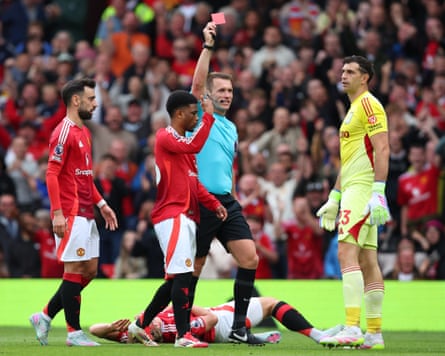
There will be those who moan about the goal ruled out by a referee who incorrectly blew for a foul and did not let play run so VAR could overrule him, but glitches are part of the game. Had the goalline cameras not been blocked off by players’ bodies in 2020, Sheffield United would have taken the lead against Villa in a game that finished 0-0; defeat there would have relegated them.
after newsletter promotion
Villa’s transfer activity has been curtailed less because of PSR than the fact they have spent two years signing players who have not worked out. Last month saw the resignation of their sporting director Monchi – who, like gazpacho, never seems quite as effective outside Seville. Of 10 permanent signings made last season, only Amadou Onana started more than 10 league games.
In January Villa gambled on the loan signings of Marcus Rashford and Marco Asensio to get into the Champions League. That was probably a justifiable move and nearly worked, but the nature of a gamble is that there are consequences if it goes wrong. Had they not been signed, another January arrival, Donyell Malen, might have had more opportunity to prove himself; his two goals against Burnley last weekend suggested he could yet have a significant role. Harvey Elliott and Jadon Sancho may not be quite at the level of Rashford and Asensio but both are intriguing loan options with points to prove.
Elliott has shown evidence of great talent but appears not to be a fit for Arne Slot at Liverpool and, at 22, needs regular football. Sancho has lost his way since leaving Borussia Dortmund for Manchester United in 2021, but the basic ability is there if Unai Emery can resurrect it.

If the clouds of largely self-induced despondency have cleared, if they have accepted there is no grand conspiracy against them and that PSR is not the monster it has been painted as, what can Villa realistically hope for? Three of their players, more than any other club, started England’s 3-0 victory over Wales on Thursday.
Aston Villa remain a very good side. They are unlikely to be in a title race but is there any reason they could not challenge Newcastle or Tottenham for fifth? But the best way to regain their place in the Champions League would be victory in the Europa League. Who, realistically, is likely to stop them? Porto? Roma? Real Betis? Lyon? The way is open.

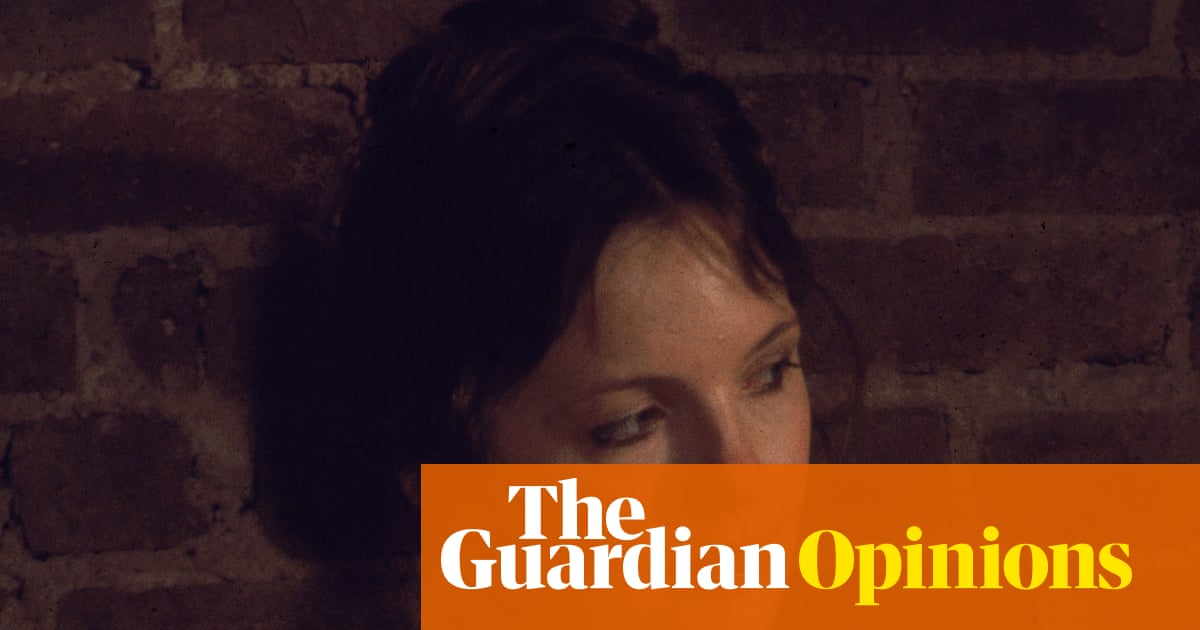
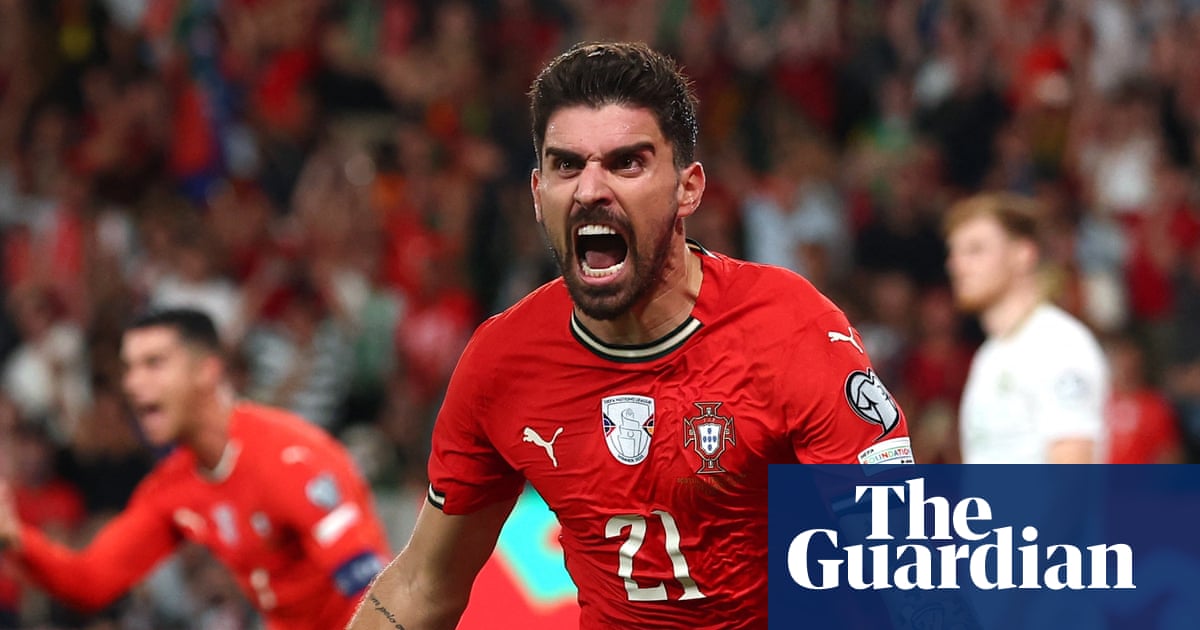


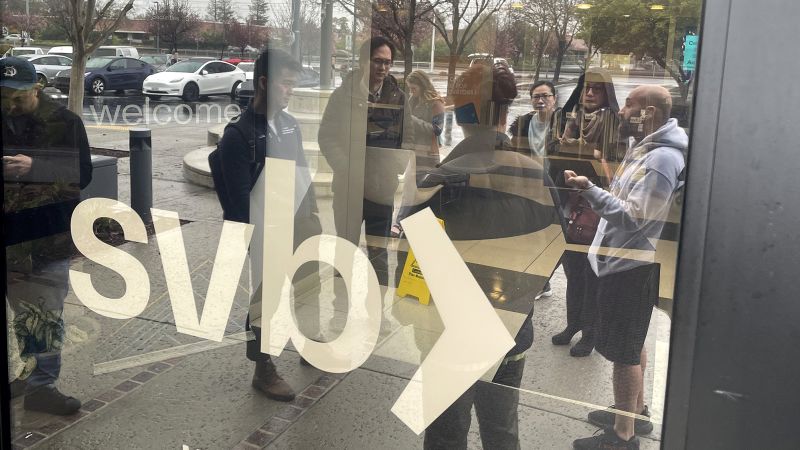

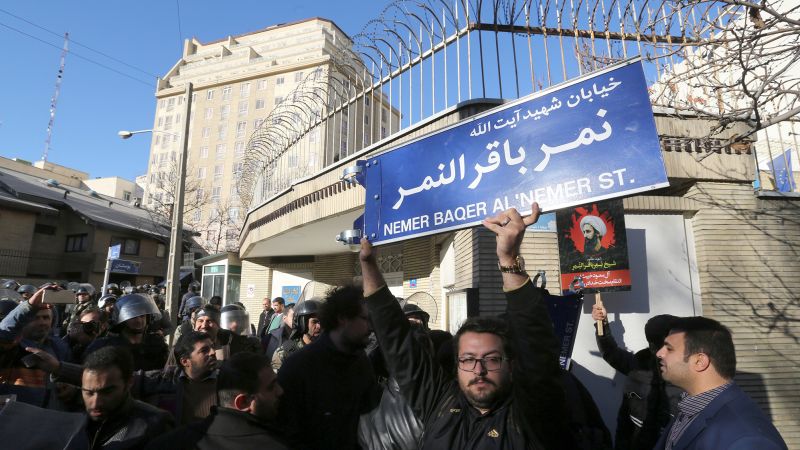
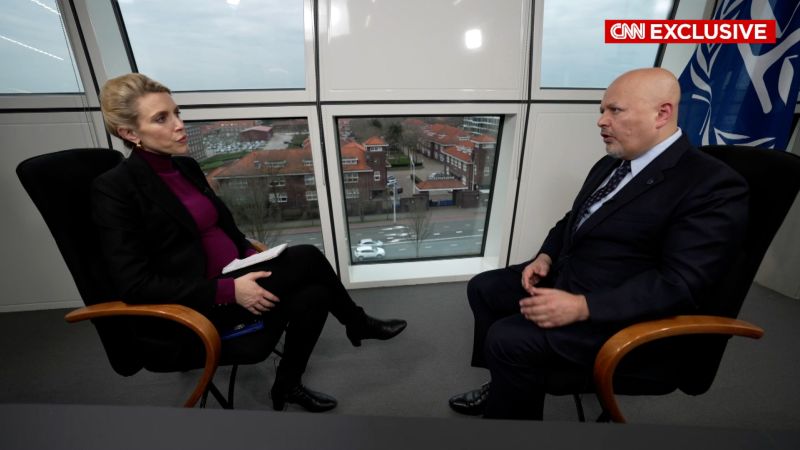
 English (US)
English (US)